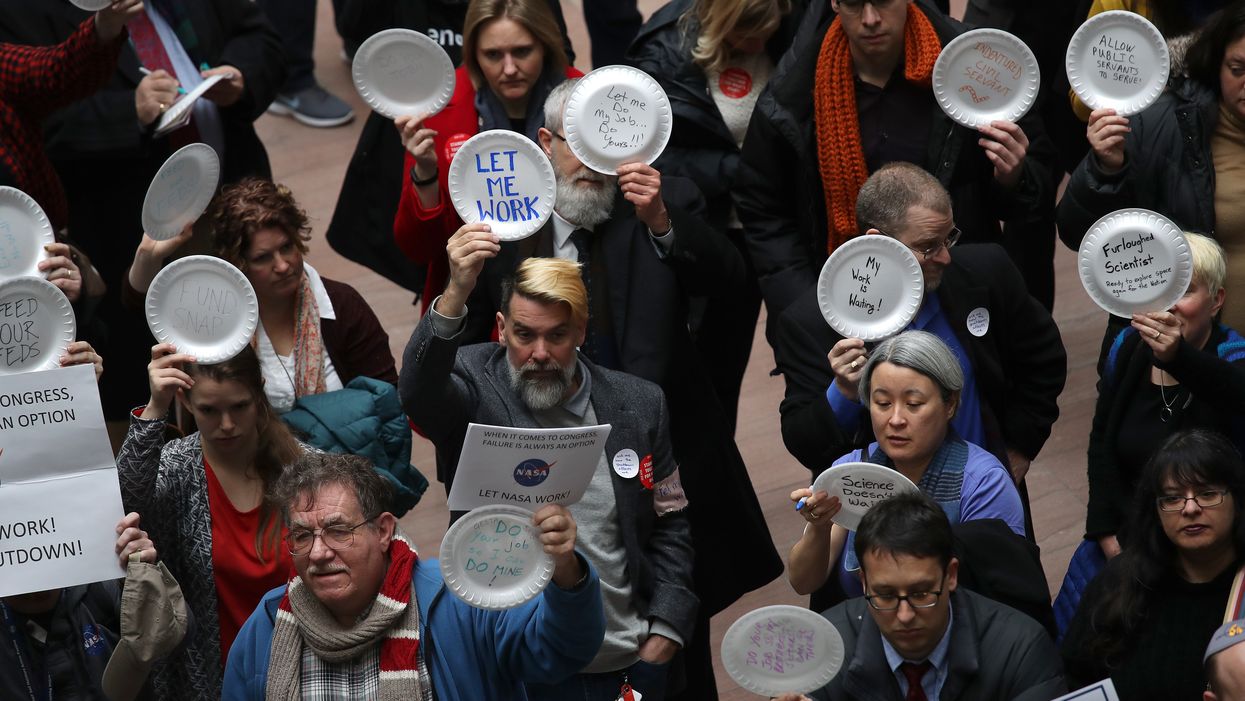For those who believe the breakdown of American democracy has no cost beyond the aggravation of the citizenry, consider the figure $4 billion.
That's the minimum, measurable cost to taxpayers of the most recent three partial government shutdowns, according to a bipartisan report released Tuesda y by a Senate panel.
Most of that money, $3.7 billion, went to back pay to federal workers who were furloughed during the shutdowns — and did not perform any work during that time. An additional $300 million-plus went for other costs that include extra administrative work and lost revenue.
The investigation covered the most recent three shutdowns: 16 days in October 2013, three days in January 2018 and 35 days from December 2018 to January 2019.
The estimate does not include the cost to the national economy. The Congressional Budget Office estimated last winter's shutdown, the longest in American history, took $11 billion out of the gross domestic product and reduced real GDP growth from 3.5 percent to 3.1 percent.
And investigators were not able to capture the entire cost of the shutdowns because the departments of Defense, Agriculture, Justice and Commerce said they were not able to provide shutdown cost estimates to the Senate Permanent Subcommittee on Investigations.
The lost revenue came because the Justice Department, the Treasury, the Securities and Exchange Commission and the Federal Trade Commission were not pursuing as many wrongdoers as normal. (Basic law enforcement operations continued, but some non-urgent prosecutions and civil matters were delayed.)
The report cites a breakdown in the congressional budgeting process that has been intensifying for a decade or more — the result of the partisan gridlock born mainly by divided government — and the subsequent game of political chicken between the White House and Capitol Hill. (While President Barack Obama was in a standoff with a Republican House in 2013, President Trump was at loggerheads with a Congress under GOP control last year.)
The Senate panel's report recommends legislation to prevent a shutdown by automatically extending all appropriations at current levels when budget deadlines pass without a deal, which is called a continuing resolution.
To avoid another shutdown such a so-called CR will have to get through Congress and be signed by Trump before this fiscal year ends Sept. 30, because almost none of the spending bills for the coming year are done. The president and congressional Democrats have not yet settled on the terms for giving themselves an extension to get their budget work done.




















Trump & Hegseth gave Mark Kelly a huge 2028 gift